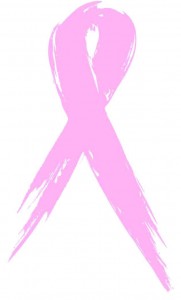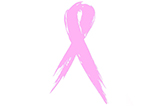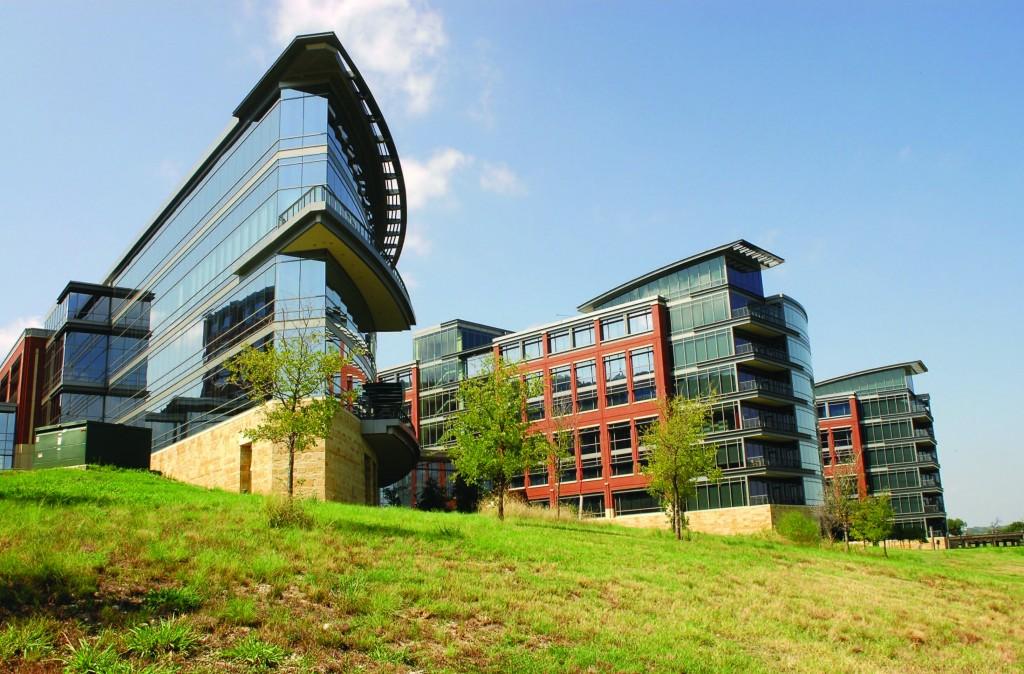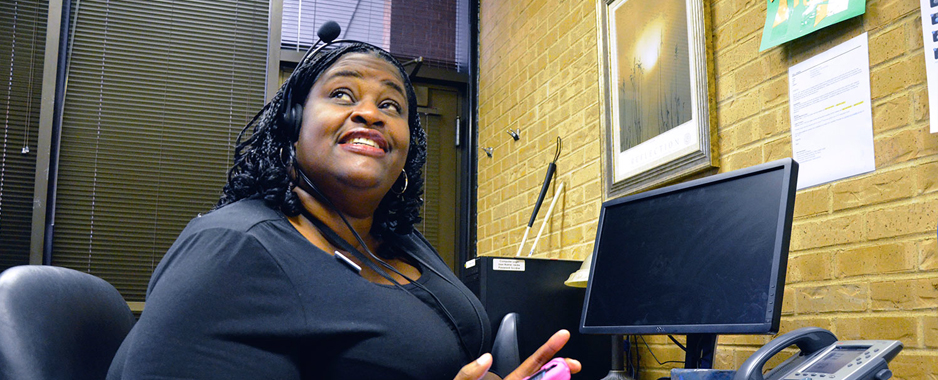By Heather Horton/reporter
 Environment plays an important role in assessing a person’s risk of developing breast cancer, says Dr. Nicole Bartosh, doctor of oncology and hematology at the Center for Cancer and Blood Disorders.
Environment plays an important role in assessing a person’s risk of developing breast cancer, says Dr. Nicole Bartosh, doctor of oncology and hematology at the Center for Cancer and Blood Disorders.
In appreciation of Breast Cancer Awareness Month, Bartosh spoke to a group of students and faculty at a South Campus luncheon Oct. 9.
“October is a real exciting month for us oncologists, especially me,” she said. “I love giving talks about breast cancer prevention, awareness and also talking with my patients that have gone through treatment and are cured now. I like to celebrate this month with them.”
Bartosh said 1 in 8 women will be diagnosed with breast cancer. Therefore, she encourages all women age 20 and up to take measures to properly screen for breast cancer.
Women can control some risk factors, but some risk factors are out of their control when it comes to developing this type of cancer, Bartosh said.
Uncontrollable elements include age, gender and genetics. Even though people cannot control these aspects it is important “that you understand yourself and understand your body,” she said.
The main focus of the speech was on environmental risk factors people can change “to hopefully avoid that risk,” she said.
Some environmental factors include diet and exercise, medications, the amount of sunshine a person acquires on a daily basis and stress factors, Bartosh said.
“Obesity and being overweight is associated with all sorts of cancers, not only breast cancer,” she said. “And it is linked to 30 percent of all cancers.”
Being overweight is just as harmful to the body as smoking, Bartosh said.
The environmental factors are all linked to the amount of hormones in a woman’s body. Hormones, such as estrogen and insulin, are key factors associated with stimulating a cancer, Bartosh said.
“We do know that exercise helps reduce your risk of breast cancer and other cancers as well,” she said. “Take time for yourself. De-stress and take care of yourself. While doing that, you’re going to reduce your risk for breast cancer as well.”
The lecture was impactful for TCC student Emily Bell. She had initially signed up for the speech as an assignment for her psychology class. However, she recently learned her best friend’s mother was diagnosed with the disease.
“I want to learn more about it,” she said. “There is a lot of things you can do to reduce your risk of breast cancer.”
Also affected is TCC student Candace Jefferson, whose mother was diagnosed with Stage 3 cancer in 2010 and has been in remission for a year and a half. Jefferson said she attended to learn her risk for acquiring this type of cancer and what she could do to reduce that risk.
To learn more about Bartosh and the Center for Cancer and Blood Disorders, visit www.thecentertx.com.
For more information about breast cancer and awareness, visit www.nationalbreastcancer.org.



























